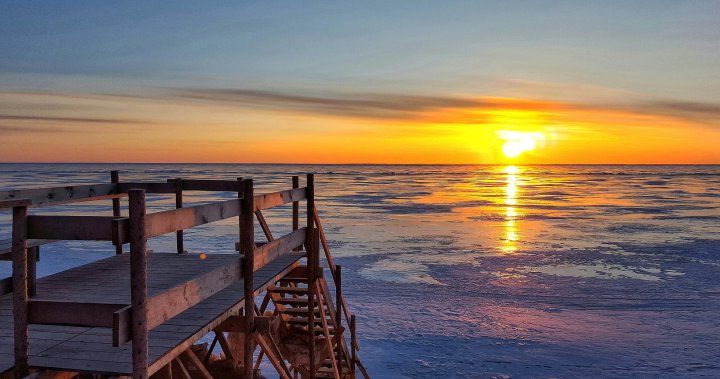
Lake Winnipeg’s future worries Manitoba’s fishing industry after zebra mussel invasion
Global News
Zebra mussels have made their way across Lake Winnipeg, raising fears about the impact of the invasive species on the health of the lake
A new species is making its home in Lake Winnipeg, leaving fishers and local residents worried.
Zebra mussels are seen as an invasive species in Manitoba’s largest lake, clogging up fishing boats, nets, and ropes. The government of Canada defines the species as invasive, seen not just along Lake Winnipeg but the Red River and even the Nelson River.
On their site, it’s noted that the mussels attach themselves to solid surfaces and breed quickly. They are “filter feeders,” reads the site, and negatively impact other species by competing for their food.
“We’re kind of in the infancy of dealing with this in Lake Winnipeg, so we’re not quite sure how this is going to play out for the commercial fishing industry,” said Chris Kristjason, a commercial fisherman.
“I’m not maybe so worried about what’s happening now, but what’s coming.”
Kristjason said his family has been fishing at the lake since 1891. While he’s accepted that the mussels are here to stay, he’s worried about other aquatic invasive species — like the Asian carp and the quagga mussel.
“If the lake gets that sick is when we’re going to really have to look at what we’re doing on the land closer, because we can’t fix what’s in the water already, but we can maybe control what’s happening on the land that’s coming into the water,” said Kristjason.
Candace Parks, an aquatic invasive species specialist, said that unlike the zebra mussel, quagga mussels might fare even better in the province. It’s already overtaken them, she said, as the most invasive species in the Great Lakes.
